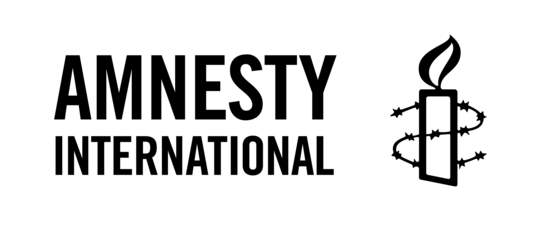A new investigation by Amnesty International and the Hertie School shows how the state-ordered internet shutdowns hid hundreds of killings in Iran in 2019.
The United Nations Human Rights Committee says that states “must not block or hinder internet connectivity in relation to peaceful assemblies”. Yet, on 16 November 2019, after two days of widespread protests, the Iranian authorities ordered internet service providers to implement a near-total countrywide internet blackout. In the days that followed at least 304 people were killed - with more than 220 of these happening within 48 hours of the internet shutting down. Not only did the shutdown restrict access to information for people inside the country, it also stopped them from being able to share information with the rest of the world, thus obstructing research into the human rights violations and crimes committed, the identities of the perpetrators and the victims, and the real number of deaths. Internet shutdowns have become an increasingly common state tactic in recent years, particularly at times of national crisis.
This panel discussion will explore the very real threat that internet shutdowns pose to the respect of human rights, and the ways in which states - including Iran - are using them to kill dissent. It is a joint event hosted by Amnesty International, the Centre for International Security and the Centre for Fundamental Rights. Prior registration is required.
Speakers
- Mahsa Alimardani, Technology and Human Rights Researcher for Iran, Article 19
- Raha Bahreini, Iran Researcher, Amnesty International
- Likhita Banerji, Researcher/Adviser on Technology and Human Rights, Amnesty International
- Anita Gohdes, Professor of International and Cyber Security, Hertie School
Moderator
- Sam Dubberley, head of Evidence Lab, Amnesty International





